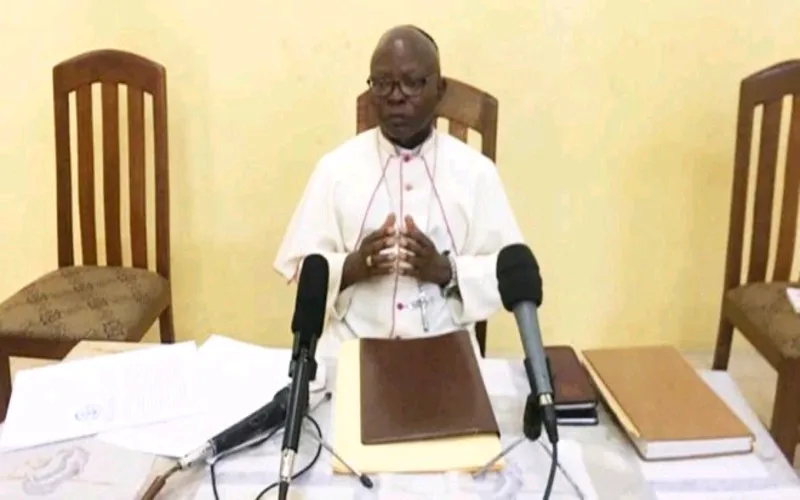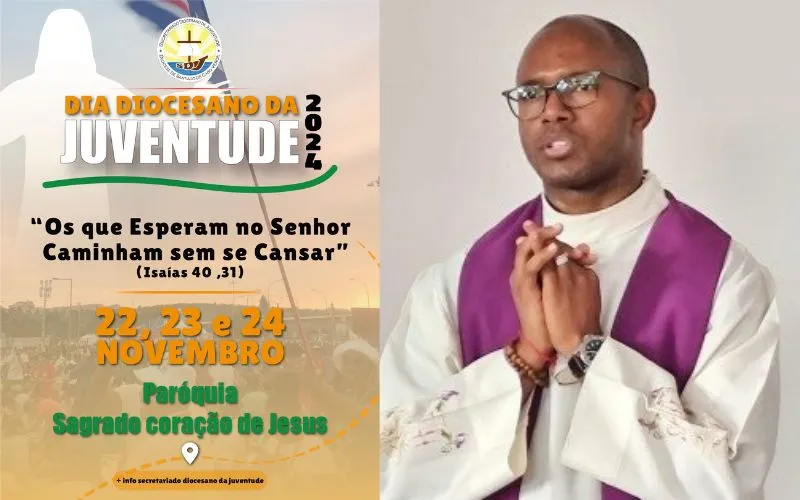Kinshasa, 26 February, 2021 / 6:00 pm (ACI Africa).
A Catholic Bishop in the Democratic Republic of the Congo (DRC) has blamed the increased attacks in the country on the greed for natural resources and land, especially by “foreign groups” in the country who, he says, are trying to push indigenous people out of their homes.
In a report to Agenzia Fides following the killing of Luca Attanasio, the Italian Ambassador to the Central African nation, Bishop Sébastien-Joseph Muyengo Mulombe of DRC’s Uvira Diocese also condemns the killing of the diplomat whom he described as a friend who “loved the Congo and the Congolese very much.”
“What happened is terrible,” Bishop Mulombe says in reference to the killing of the Ambassador, Italian policeman Vittorio Iacovacci and the Congolese driver Mustafa Milambo.
The three were killed on February 22 when militants attacked their convoy in Goma, the capital of North Kivu Province in Eastern DRC.
Making reference to a series of attacks that have been carried out in various parts of the country, the Bishop adds, “Behind all these wars in Ituri, North and South Kivu, on the high plateaus of Uvira, Fizi and Mwenga, is in reality the attempt to grab land that has always belonged to indigenous populations on the part of foreign groups from Uganda, Rwanda and Burundi.”





